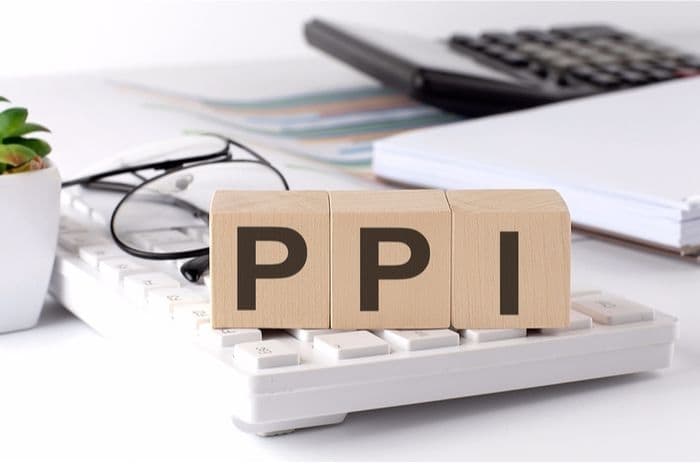Home > Money > News > FOS feels strain as PPI claims hit 6,000 a week
FOS feels strain as PPI claims hit 6,000 a week
THE Financial Ombudsman Service (FOS) is continuing to feel the strain as the number of claims about mis-sold insurance products continues to climb.

Minutes of a recent meeting [pdf] at the ombudsman reveal that by the end of 2010 it was receiving 5-6,000 complaints about Payment Protection Insurance (PPI) a week.
Previously, the body was receiving 2,500 PPI complaints a week.
The dramatic increase, following the refusal of many firms to cooperate with handling cases, is expected to have a "serious and detrimental" impact on the organisation's workings, the minutes reveal.
In January this year, the adjudicator said that it expected to receive 68,000 cases from consumers relating to providers of the controversial insurance, during the financial year 2010/2011.
The body said at the time that it had budgeted for just 67% of that.
If these latest figures are anything to go by, the budget could be even more stretched than that.
Threatening to capsize
Although the FOS broke even in the third quarter of the year, the fact that banks are refusing to pay out for PPI claims threatens to capsize it.
If that happens, the whole financial services industry - not just those dragging their feet on PPI - will have to pay more in levies to keep the FOS afloat.
The ombudsman is sustained by case fees but, as stonewalled PPI cases go unresolved, those have been thin on the ground.
The FOS estimates that it'll start the new financial year with a deficit of £8 million.
The adjudicator has also had to take on extra staff to deal with the volume of PPI complaints at a cost of around £2 million.
It's revealing that, when it came to the future, the ombudsman's meeting minutes begin to feel fraught, even under the formal setting.
A key "underpinning" goal for the board was simple, "coming through the next year with the Service's reputation intact and with the cost basis on the correct footing."
"Doing the right thing"
The FOS is the conscience of the financial services industry, offering an important independent outlet for consumers who have serious concerns about their personal finances that aren't being addressed satisfactorily by the banks.
It is estimated that, in the past five years, more than a million PPI complaints have been made to firms and that a large proportion aren't resolved satisfactorily at the initial stage.
It should cheer the millions of consumers who are still waiting for their cases to be resolved that a recent workshop undertaken by FOS staff revealed that most are motivated by a desire to keep 'doing the right thing'.
Good intentions alone can't keep the organisation running, however.
As the claims continue to pour in it becomes more and more likely that all consumers - those with important claims about mortgages, payment protection legislation and savings accounts, among many other complaints - will have to wait longer to have their cases independently resolved as a direct result of the PPI scandal.
Moreover, there's little assurance that the situation will resolve itself soon enough for the ombudsman to right itself.
Banks and building societies are already banned from selling PPI products at point of sale (i.e. alongside a loan or credit card) but many still sell it, or products like it, today as separate deals.
It remains to be seen whether these will come under further scrutiny in the future.
In the short term, though, a final High Court judgement on how much credit providers should be expected to repay is expected within the next few months.
Taking the FSA's judgement on PPI to the High Court is widely regarded as a stalling tactic by the banks; with a judgement in consumers' favour financial institutions will have to start paying money back.
Until that happens, however, the FOS will certainly continue to take the punishment for the banks' mistakes.
Get insider tips and the latest offers in our newsletter
Get insider tips and the latest offers in our newsletter

We are independent of all of the products and services we compare.

We order our comparison tables by price or feature and never by referral revenue.

We donate at least 5% of our profits to charity, and we aim to be climate positive.
Latest News

26 October 2022
Cost of living showing worrying trends in affordability
16 June 2022
FCA warn lenders on cost of living difficulties


